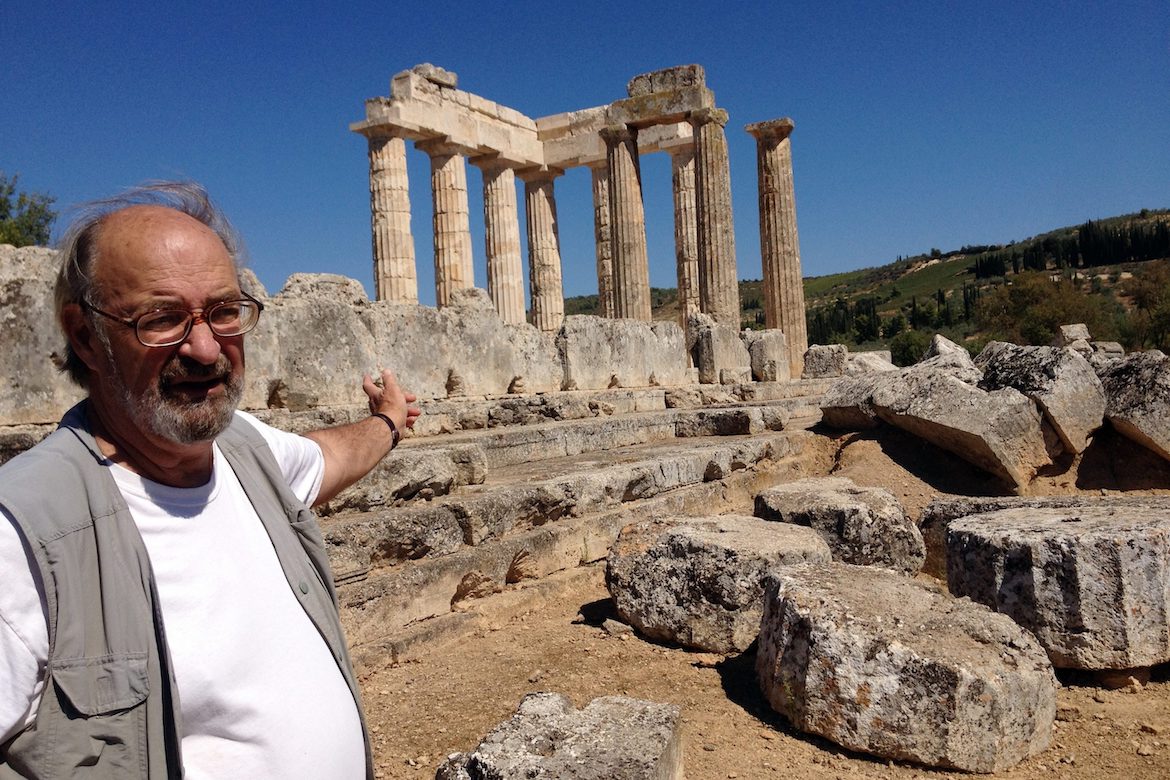The Persian Wars: The wars fought between Greece and the Persian empire in the 5th century BC were some of the most consequential conflicts of ancient times. Learn about the key events, such as the Battle of Marathon and the Battle of Thermopylae, and the strategies that allowed the Greeks to repel the Persian invaders.
The Rise of Athens: Arguably the most influential city-state in ancient Greece, Athens was the birthplace of democracy, philosophy, and the arts. Follow the rise of Athens from a humble village to a powerhouse of trade and culture.
The Peloponnesian War: The decades-long conflict between Athens and Sparta was a turning point in Greek history, leading to the decline of Athens and the rise of Macedon under Philip II and his son Alexander.
The Life of Alexander the Great: The young conqueror who led his armies across the known world, Alexander the Great is one of the most famous and admired figures of ancient history. Learn about his upbringing, his conquests, and his legacy.
The Olympic Games: A tradition that continues to this day, the ancient Olympics were a celebration of sports, culture, and political power. Explore the origins of the games and the events that took place.

 pappaspost.com
pappaspost.com


